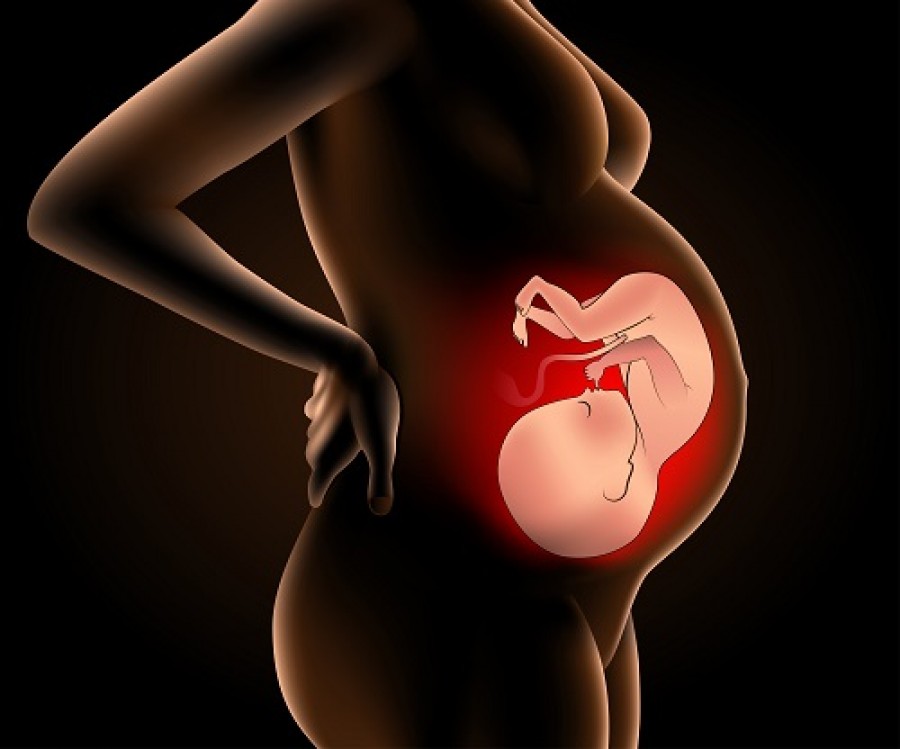6 Foods to Avoid During Pregnancy
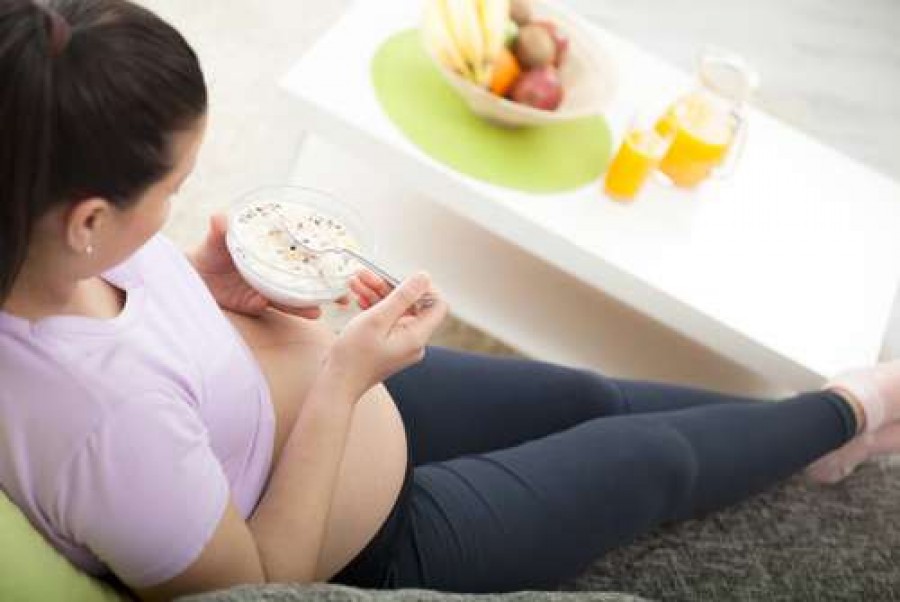
Among the first concerns an expecting mother faces has to do with foods that are harmful to the developing baby and, thus, should be avoided during pregnancy. This is a valid concern as there are foods that can have adverse effects on the development of a foetus. As such, a list and details of food items that should be avoided during pregnancy and when trying to conceive are provided below.
1. Certain Types of Fish
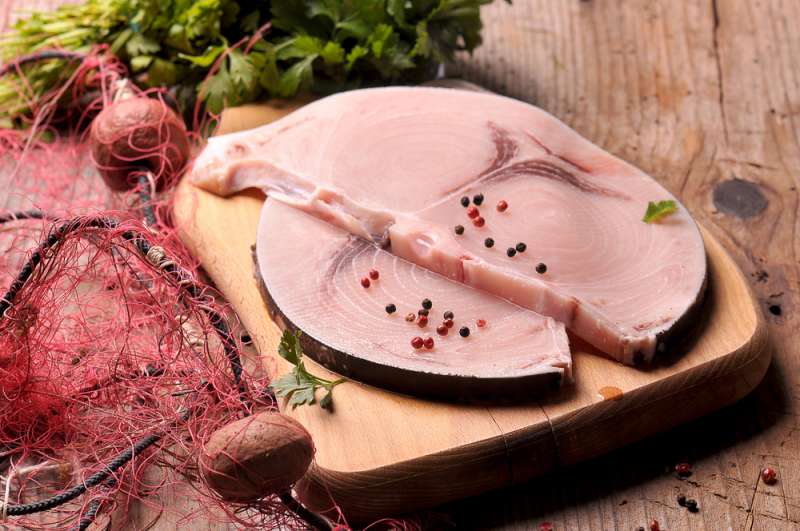 Fish that contain high quantities of mercury (i.e. kind mackerel, swordfish, and tilefish) should be avoided as mercury consumption during pregnancy can cause brain damage in the foetus and lead to miscarriage. However, fish low in mercury, such as shrimp, salmon, tuna, catfish, and cod, can be safely consumed in moderation.
Fish that contain high quantities of mercury (i.e. kind mackerel, swordfish, and tilefish) should be avoided as mercury consumption during pregnancy can cause brain damage in the foetus and lead to miscarriage. However, fish low in mercury, such as shrimp, salmon, tuna, catfish, and cod, can be safely consumed in moderation.
2. Raw Meat and Poultry
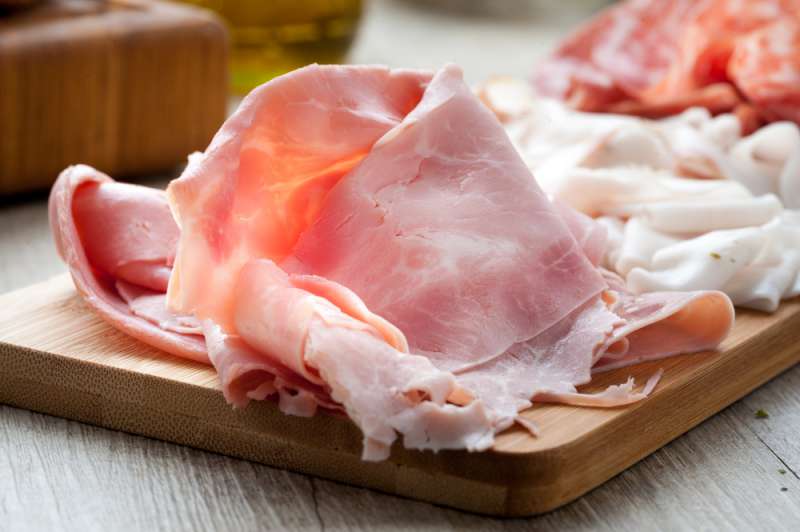 Raw or undercooked meat should be avoided in all forms (including when used in sushi) as it carries a high risk of being contaminated with the bacterial salmonella as well as other infectious agents. Thus, it is imperative to ensure that all meat is cooked properly, a task which can be accomplished easily with the help of a food thermometer.
Raw or undercooked meat should be avoided in all forms (including when used in sushi) as it carries a high risk of being contaminated with the bacterial salmonella as well as other infectious agents. Thus, it is imperative to ensure that all meat is cooked properly, a task which can be accomplished easily with the help of a food thermometer.
Smoked salmon – Smoked salmon is undercooked and, thus, can similarly give rise to infection with salmonella.
Deli meats and hot dogs – Deli meat should be avoided during pregnancy as it has commonly been known to be contaminated with the bacteria listeria monocytogenes, which can lead to the devastating consequences of neonatal meningitis (meningitis in a newborn), miscarriage, and stillbirth. Hot dogs, which typically come ready-to-eat pose a similar risk and should be avoided. However, if, for whatever reason, deli meat and/or hot dogs cannot be avoided, make sure to eat them only after warming them up to around 74 degrees Celsius (165 degrees Fahrenheit).
3. Raw Eggs
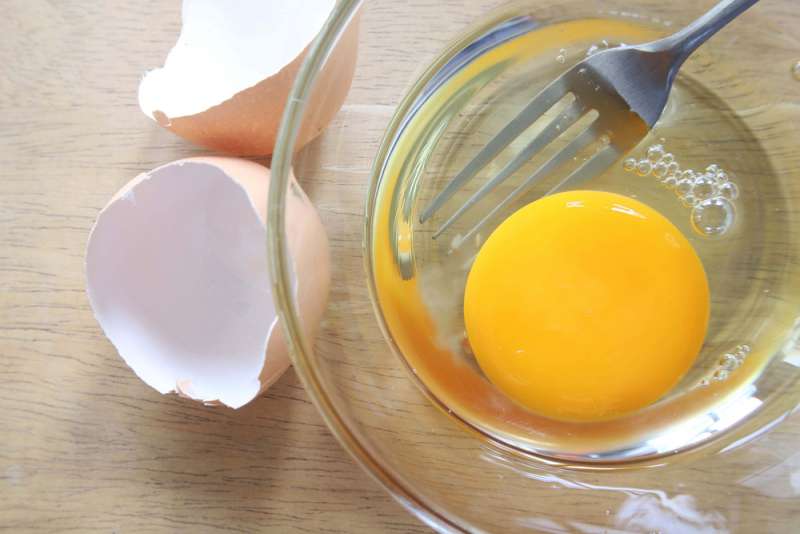 Raw and undercooked eggs should be avoided as they may be contaminated with the bacteria salmonella, which can cause food poisoning and increase the risk of miscarriage. Symptoms of salmonella infection include diarrhea, stomach pain, bloody stool (feces), nausea, and vomiting.
Raw and undercooked eggs should be avoided as they may be contaminated with the bacteria salmonella, which can cause food poisoning and increase the risk of miscarriage. Symptoms of salmonella infection include diarrhea, stomach pain, bloody stool (feces), nausea, and vomiting.
4. Unpasteurized Milk
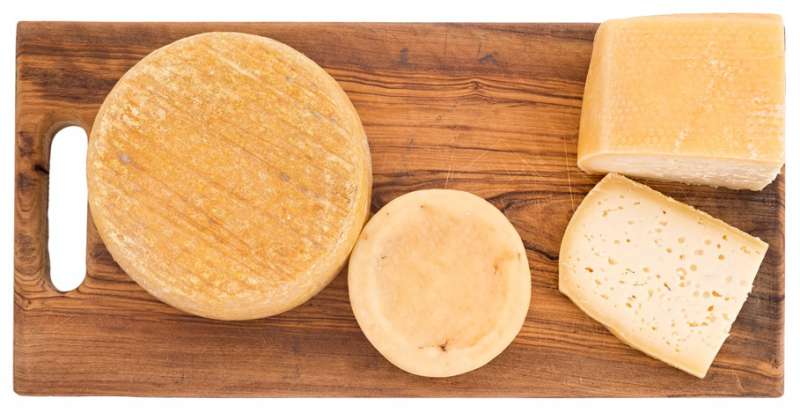 Ingestion of unpasteurized milk and milk products should be avoided as they may be contaminated with the bacteria listeria monocytogenes, which, as aforementioned, can lead to neonatal meningitis, miscarriage, and stillbirth.
Ingestion of unpasteurized milk and milk products should be avoided as they may be contaminated with the bacteria listeria monocytogenes, which, as aforementioned, can lead to neonatal meningitis, miscarriage, and stillbirth.
A few of unpasteurized milk products include:
Soft cheeses – Soft cheeses such as brie and camembert, which are typically made from unpasteurized milk, should be avoided during pregnancy as they too can be contaminated with listeria monocytogenes and other infectious agents such as E. coli. For a list of cheeses to eat and avoid during pregnancy, read here.
Ice creams – ice creams from the stores are mostly made from the unpasteurized milk or eggs therefore it is better to avoid ice creams from the stores. If you are craving for ice cream it is best to make ice cream at home with pasteurized dairy products. Store ice creams can be a source of E.coli and salmonella.
5. Alcohol
 Alcohol during pregnancy is not acceptable in any quantity. It can very dangerous for the growing foetus leading to ‘alcohol foetal syndrome’ and microcephaly. To learn more on the effects of alcohol and drugs during pregnancy read here.
Alcohol during pregnancy is not acceptable in any quantity. It can very dangerous for the growing foetus leading to ‘alcohol foetal syndrome’ and microcephaly. To learn more on the effects of alcohol and drugs during pregnancy read here.
6. Caffeine
 Caffeine works as a stimulant an diuretic that quickly crosses placenta. It is harmful for the foetus if intake exceeds than 1-2 cups per day. There is no evidence of intrauterine growth restriction (IUGR) or preterm birth if caffeine is taken with moderate amount. To learn more about the pros and cons of coffee during pregnancy, read here.
Caffeine works as a stimulant an diuretic that quickly crosses placenta. It is harmful for the foetus if intake exceeds than 1-2 cups per day. There is no evidence of intrauterine growth restriction (IUGR) or preterm birth if caffeine is taken with moderate amount. To learn more about the pros and cons of coffee during pregnancy, read here.
Recommended Foods To Eat during Pregnancy
Did you know that spinach and broccoli is highly recommended by health professional during pregnancy. Following a healthy pregnancy diet is not just important for the expecting mother but is equally important for your baby. To check out the list of foods to eat during pregnancy and how to follow a healthy pregnancy diet, read here.


